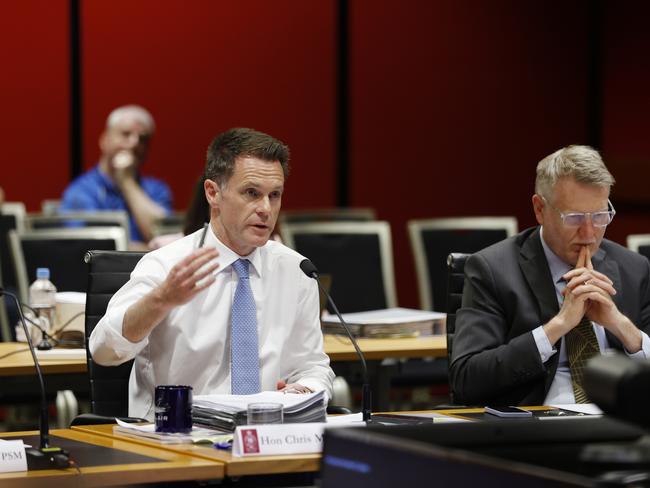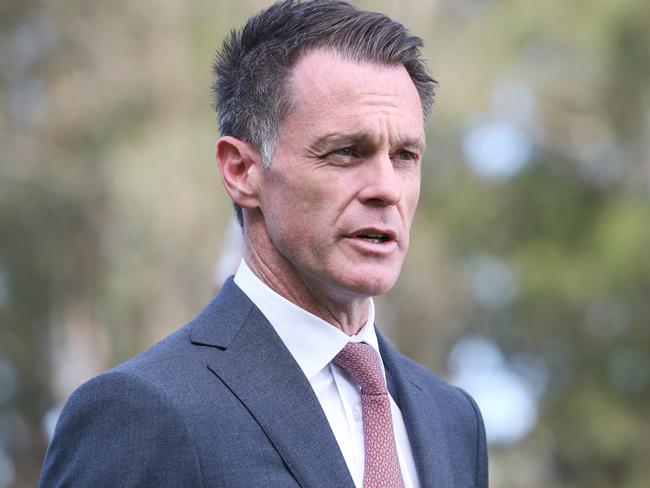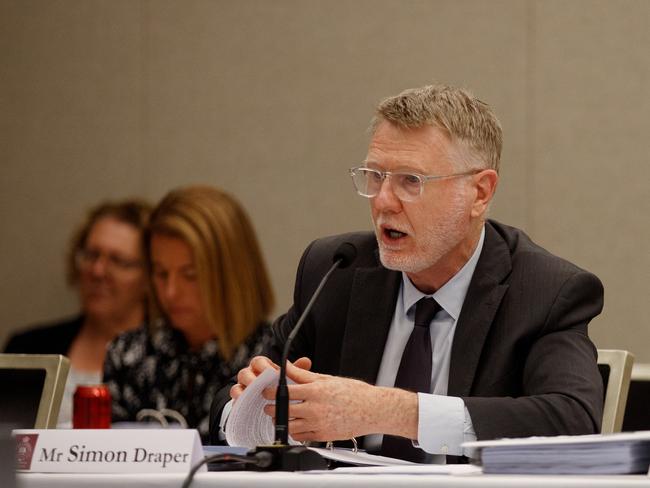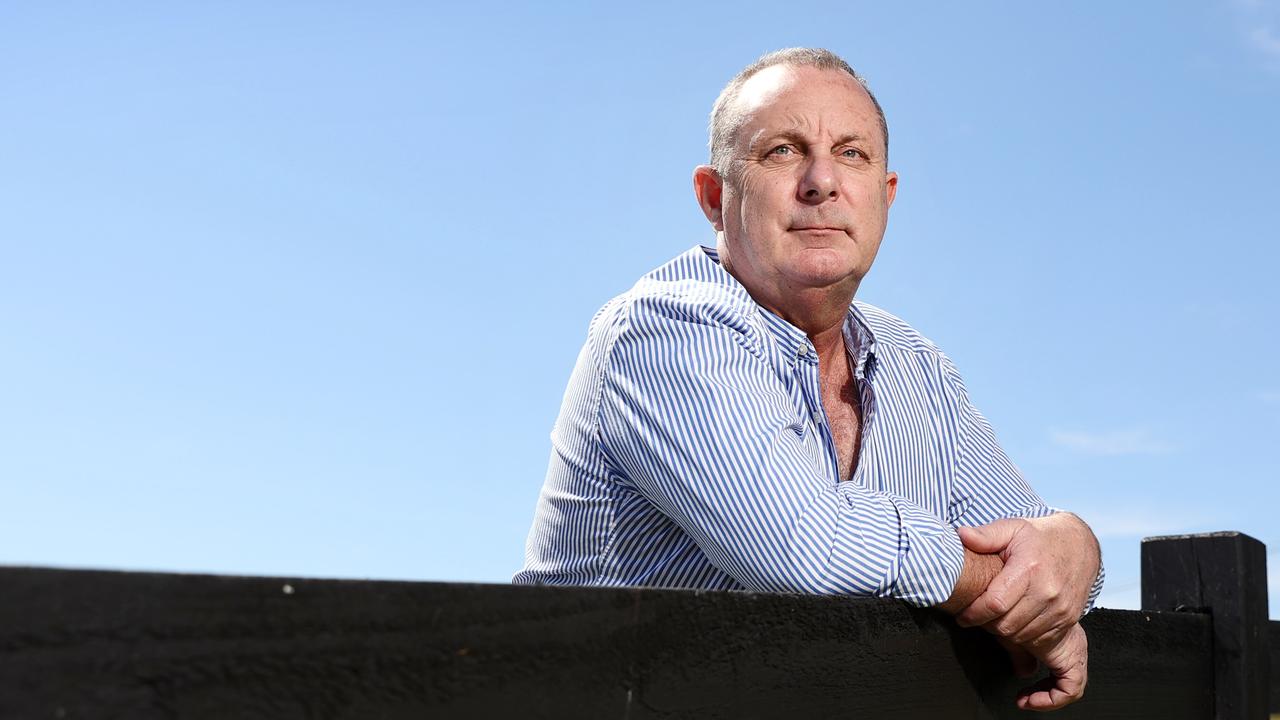Sending bureaucrats back to office good for economy, new poll finds
A new survey shows what NSW voters think of the plan for public servants to return to the office full-time. But the end of working from home won’t happen quickly.

NSW
Don't miss out on the headlines from NSW. Followed categories will be added to My News.
Voters believe forcing bureaucrats back to the office will positively affect the state’s economy and improve public servants’ work, according to new polling, as the state’s top public servant has declared that it will take “many, many months” to kill off working from home.
An exclusive Redbridge poll has found that voters think getting public servants back to the office will be positive for the state’s economy and service delivery.
The Redbridge poll of 1,503 NSW voters, conducted earlier this month, has also issued a warning for the Albanese government.
“There is an emerging view in our focus groups that Anthony Albanese is like a batsman that hogs the crease but doesn’t score any runs,” Redbridge Director Tony Barry said.
Of those surveyed, 46 per cent thought the return-to-work order would be positive to the economy, compared with just 16 per cent who thought it would have a negative impact.

Forty-three per cent thought it would improve “the quality of the service provided by the public sector,” compared with 18 per cent who thought it would have a negative impact.
Premier’s Department Secretary Simon Draper issued the back-to-work directive at the start of August.
Bureaucrats – including the Premier’s uncle Phil Minns – instantly pushed back against the plan to employees staff back into the office, in the face of a widespread staff revolt.

At a budget estimate hearing last month, Mr Draper was forced to concede that the push to get bureaucrats back to their desks will take “many, many months”.
“All departments and agencies are working to implement this circular,” he said.
He said The Cabinet Office and the Premier’s Department had prepared a “draft” policy which had gone out for “consultation” with staff.

The Premier’s Department would not say on Sunday whether the directive has had any impact on the number of public servants working from home.
In a statement, a government spokesperson said agencies are “currently finalising workplace policies” to implement the back-to-work mandate.
“Once finalised, the policies will be publicly available.”
Mr Minns said getting bureaucrats back to the office is “something we need to do”.
“It’s essential for the city and hugely important for young people to promote teamwork, mentoring, a sense of shared mission inside the NSW public sector, and at the end of the day, provide world class public services to the taxpayers of your state,” he said.
While the Redbridge poll gave Mr Minns the tick of approval in getting public servants back to the office, Mr Barry said the state Labor government has been dragged down by Canberra.
“The Albanese Government’s poor performance assessments continue to impact the state Labor Government’s vote share, particularly in the key political battleground electorates in the outer suburbs.”
“But despite that, these numbers indicate that Chris Minns is getting some reward for showing leadership on back to work orders,” Mr Barry said.
Labor’s first preference vote has decreased one percentage point to 34 compared to a Redbridge poll conducted earlier this year.
The Coalition also dropped one percentage point, to 39. On a two-party-preferred basis, Labor led the Coalition 51 to 49.





